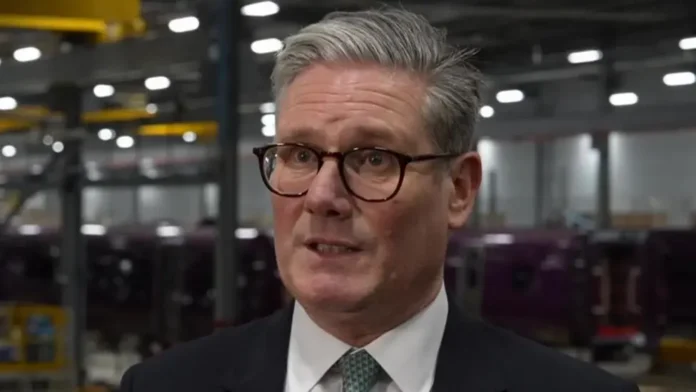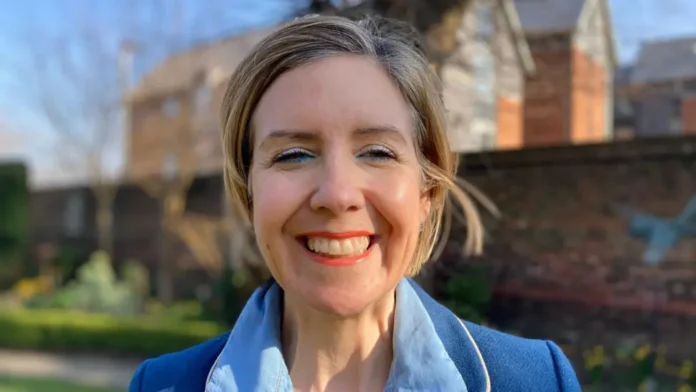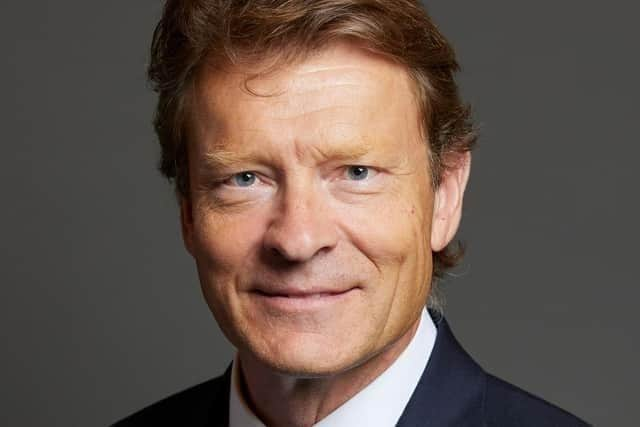12 million Brits aged 50 to 64 will no longer get free Flu Jabs And Covid Boosters
Lincolnshire residents are angry over news that Free NHS flu jabs and Covid boosters are to be scrapped for people aged 50 to 64. People in Lincolnshire including Skegness, Grimsby, Boston, Skegness, will now have to buy their flu jab.
The government has been accused of trying to save money and putting people’s health at risk by scrapping free NHS flu jabs and Covid boosters for people aged 50 to 64. More than 12 million people will be affected.
The Joint Committee on Vaccination and Immunisation (JCVI) has issued new NHS guidance regarding the administration of Covid-19 boosters. They have advised that from autumn the boosters will no longer be offered to otherwise healthy people aged 50 to 64.
Similar advice has been given for flu jabs, meaning people who previously had access to free will no longer be eligible. This decision comes in the wake of the NHS’s efforts to return to pre-pandemic normalcy and to better protect vulnerable individuals during the winter months. However, many believe this is another cost-saving exercise by the government.
The news follows reports the NHS will delay the vaccine rollout until October to maximise protection for those over-65s and those eligible during the peak winter months.
Dr. Mary Ramsay, the director of public health Programs at the UK Health Security Agency, emphasizes the significance of Covid-19 boosters, especially in the face of an expected increase in illness during the winter months.
She said: “The COVID-19 virus has not gone away, and we expect to see it circulating more widely over the winter months with the numbers of people getting ill increasing. The booster is being offered to those at higher risk of severe illness and by taking up the booster vaccine this autumn, you will increase your protection ahead of winter, when respiratory viruses are typically at their peak.”
Health Secretary Steve Barclay said: “I have now accepted the advice from the JCVI on eligibility for the 2023 autumn booster programme, to protect those most vulnerable from Covid. NHS England will confirm details on how and when eligible people can access the autumn booster vaccine shortly, and I would urge anyone invited, including those yet to have their first jab, to come forward as soon as possible.”
The decision to limit the free flu jabs makes no sense according to some experts. At a recent NHS En England board meeting, it was predicted that the UK could expect the worst ever flu season.
Australia, which typically predicts Europe’s flu season, is currently experiencing one of its worst flu seasons on record, with children accounting for the majority of hospital admissions.
Leading testing expert, Dr Avinash Hari Narayanan (MBChB), Clinical Lead at London Medical Laboratory, says: ‘The axing of these two important vaccination campaigns is a myopic decision by the Government, which could go on to have severe consequences.
Dr Avinash Hari Narayanan is not alone with his shock at the axing of the flu jabs to those 50-64. Those living in Lincolnshire including in Boston, Grimsby, Skegness, and Lincoln rely on the flu jabs to keep them safe. With the rising cost of living, it is feared that those struggling financially will not be able to afford £20 to have a private flu jab.
It has been claimed that by focusing on the most vulnerable age groups and prioritizing their protection, the NHS aims to mitigate the potential impact of both flu and Covid-19 during the winter months.
Before the COVID Pandemic the NHS offered the flu jabs to healthy adults over the age of 65, and it was also offered to children and younger adults with health conditions. That changed during the COVID pandemic. People aged 50 to 64 were offered the flu jab. Now, anyone who is not eligible for a Flu jab will have to pay for it privately from a chemist where it will cost around £20.
According to reports, there was a decline in the uptake of both flu and Covid-19 jabs among individuals aged 50 to 64 last winter. Only 40.6% of this age group in England came forward for a flu vaccination, compared to 45.7% the previous year.
The percentage of 50-to-64-year-olds who received a Covid-19 booster dropped to 51.7% last winter from 77.6% the previous year. The NHS hopes that by narrowing the eligibility criteria, they can streamline the vaccination process and encourage higher uptake among the eligible population.
In addition to the challenges posed by the flu, the UK is also dealing with the emergence of new Covid variants. One such variant, known as Eris or EG.5.1, is a descendant of Omicron. It was first classified as a variant in the UK in July and has since become the second most prevalent variant in the country, following Arcturus.
The presence of these new variants, coupled with waning immunity and adverse weather conditions, has led to a spike in hospital admissions and an increased sense of urgency regarding vaccinations.
Data from the previous autumn’s booster program indicates that those who received a booster were approximately 53% less likely to be admitted to the hospital with Covid-19 in the two to four weeks following vaccination compared to those who did not receive a booster. This highlights the importance of booster shots in preventing severe illness and reducing the burden on healthcare systems during the winter months.
NHS England is expected to confirm the details of the autumn booster vaccine drive in the coming days. Health Secretary Steve Barclay urges eligible individuals, including those who have not yet received their first jab, to come forward as soon as possible. By proactively seeking vaccination, individuals can protect themselves and contribute to the collective effort to combat the spread of Covid-19 and mitigate its impact on public health.


